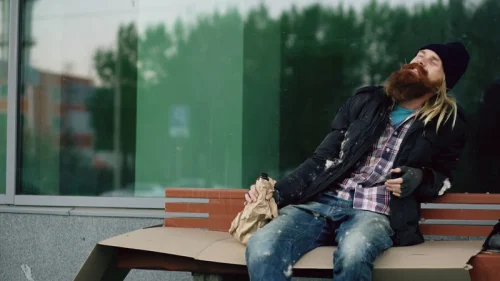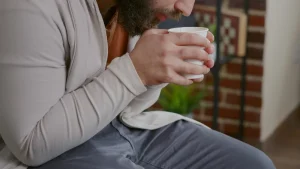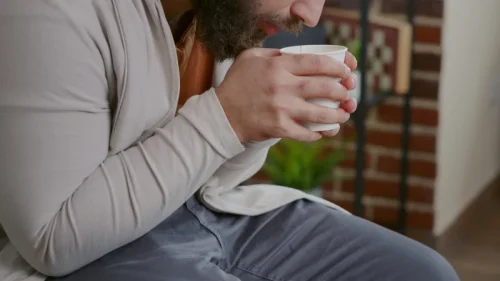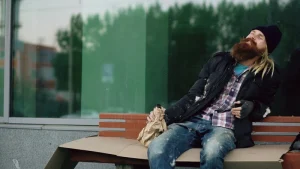
I’ve included this separate from hobbies because I don’t believe that journaling is a hobby. So I went to shows at the local performing arts center. I dragged my husband to the zoo and aquarium. Is a new museum opening up within driving distance? If you have a willing friend or family member, take them along.
They’re also weirdly insecure.

Some people who move from a controlled and protective setting find themselves awash in the environmental cues that lead to their drinking. Triggers for using drugs and alcohol typically are people, places, and being sober sucks things that remind you of your addictive behavior or encourage the use of substances you’re avoiding. One study found that 68% of people treated in a detox unit experienced moderate alcohol withdrawal symptoms. You can expect certain alcohol withdrawal symptoms such as sleep disruption to occur, though some people can experience seizures and other severe symptoms.
Why You Get Sugar Cravings After Quitting Alcohol
It’s just hard to explain to people that you’re going to be useless for a few weeks because you have actual love for gin. Developing a structured routine can help a person stick to their sobriety https://ecosoberhouse.com/ goals, make healthy decisions, and reduce the likelihood of triggers and relapse. Establishing a routine with regular sleep and support group attendance can reduce stress and help you stay sober. Acute anxiety and depression from the withdrawal process can ease within a few days to a week. But for many people, lingering feelings of anxiety, depression, and general malaise can last weeks, months, or even longer.

Things That Inevitably Happen to Your Personal Life When You Get Sober
- It occurred to me that perhaps I was a good candidate for never drinking again.
- It also blurs your perception of time, and can even cause blackouts, where you’re conscious but have no memory of what’s happening.
- You have to understand what you’re feeling and WHY you’re feeling this way in order to change it.
- Alcohol merely blurred my perception of social situations.
It can include a medically supervised detox, various forms of treatment including therapy and 12-step programs, and calling upon family, friends, and professionals for additional support. This can include toxic relationships in which you feel unheard, misunderstood, unsupported, demeaned, unsafe, and/or attacked. The related stress may increase the risk of relapse. Relapse (using substances again after stopping) can and does happen, with 85% of people experiencing relapse at least once and half of them doing so within the first two weeks of sobriety. To begin, it can take several hours to sober up from alcohol.


The good news is that your brain can adjust and restore balance to your internal world. The longer you stay away from alcohol and give your brain some much-needed TLC, the less you’ll feel like life is dull and uninteresting. So it’s not that sobriety is inherently boring; it’s that your serotonin and dopamine levels are now very low. Dopamine is another neurotransmitter that is responsible for feelings of pleasure and happiness. It is also responsible for regulating movement and emotional response. Dopamine depletion can cause apathy, boredom, and lack of motivation.
And while these things might sound serious and scary, it’s important to note that it’s one piece of a larger puzzle. Recovery and sobriety are often complicated. But I’m going to explore solutions for people who sit at various points along the “sobriety is so boring” spectrum. Take what applies to you and leave whatever doesn’t. I realized that sobriety was not fundamentally boring.
- I don’t have that much sex, and that’s more like me saying, I no longer lower my standards and sleep with just anyone because of beer goggles.
- For some reason, there’s a huge backlash now against 12-step programs and how they’re all culty and shamey and ineffective.
- Have you always wanted to learn to dance salsa?
- Don’t worry if it’s cool or age-appropriate.